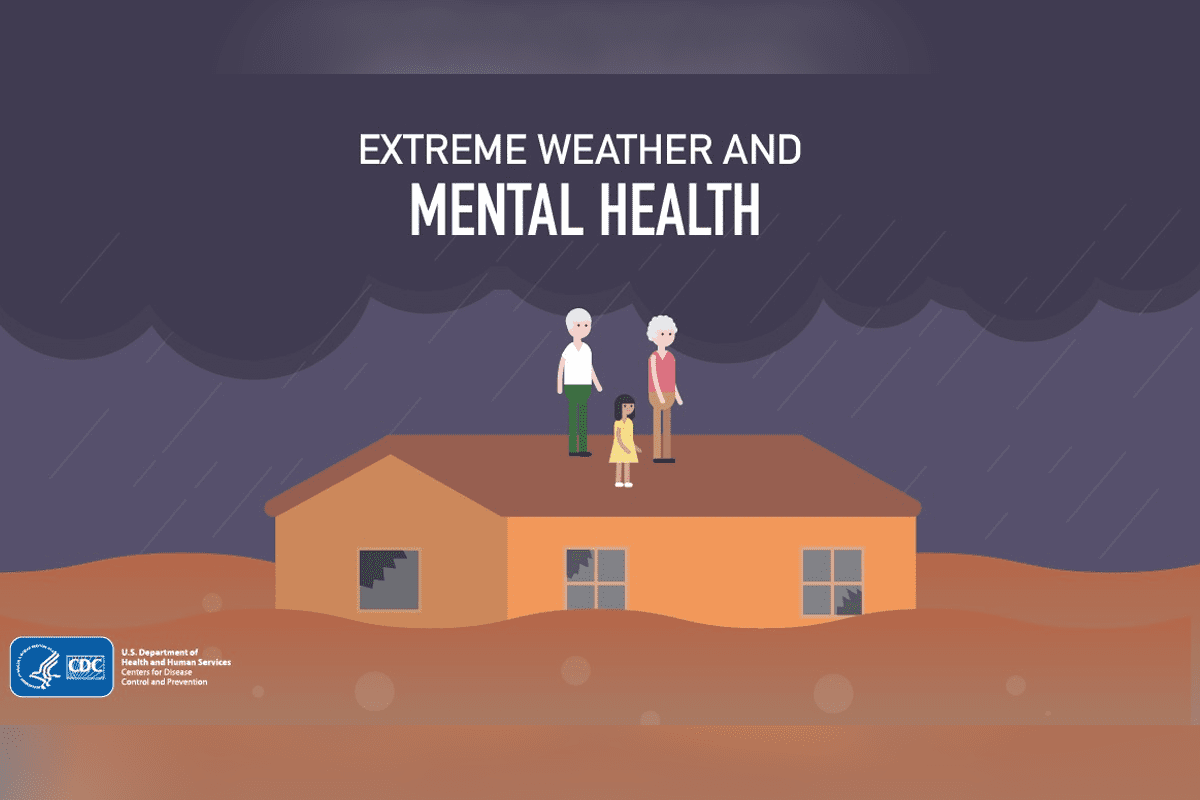Resources Available for Hurricane Ian Survivors Struggling With Mental Health

WASHINGTON, D.C. (FLV) – As Hurricane Ian recovery continues across the state of Florida, resources are available for those struggling with mental health during this difficult time.
The Federal Emergency Management Agency (FEMA) says you’re not alone if you’re feeling distressed, disoriented, or hopeless.
The Disaster Distress Helpline provides 24/7, 365-day-a-year crisis counseling and support to people experiencing emotional distress related to natural or human-caused disasters.
Call or text 1-800-985-5990 to connect with a trained crisis counselor. You may remain anonymous through this resource.
The CDC (Centers for Disease Control and Prevention) recommends the following tips to cope with a disaster:
- Take care of your body– Try to eat healthy well-balanced meals, exercise regularly, and get plenty of sleep. Avoid alcohol, tobacco, and other drugs. Learn more about wellness strategies for mental health.
- Connect with others– Share your concerns and how you are feeling with a friend or family member. Maintain healthy relationships, and build a strong support system.
- Take breaks– Make time to unwind and remind yourself that strong feelings will fade. Try taking in deep breaths. Try to do activities you usually enjoy.
- Stay informed– When you feel that you are missing information, you may become more stressed or nervous. Watch, listen to, or read the news for updates from officials. Be aware that there may be rumors during a crisis, especially on social media. Always check your sources and turn to reliable sources of information like your local government authorities.
- Avoid too much exposure to news– Take breaks from watching, reading, or listening to news stories. It can be upsetting to hear about the crisis and see images repeatedly. Try to do enjoyable activities and return to normal life as much as possible and check for updates between breaks.
- Seek help when needed– If distress impacts activities of your daily life for several days or weeks, talk to a clergy member, counselor, or doctor, or contact the SAMHSA helpline at 1-800-985-5990.
In addition, First Lady Casey DeSantis worked with the State Disaster Recovery Mental Health Coordinator Sara Newhouse to compile a webpage of the following resources to help first responders navigate resources for mental health needs:
Helplines for Assistance
- SAMSHA Disaster Distress Hotline: Call or Text 1-800-985-5990
Substance Abuse and Mental Health Services Administration - 2-1-1 provides free and confidential information and referral to Community Resources: Call 211 to be linked to your community provider.
- National Suicide Prevention Lifeline: Call or text 988.
988 Suicide and Crisis Lifeline - American Red Cross Virtual Family Assistance Center: 1-833-492-0094
American Red Cross Virtual Family Assistance Center - National Human Trafficking Hotline: 1-888-373-7888 or text 233733
National Human Trafficking Hotline.org - Florida Abuse Hotline: 1-800-962-2873
Florida Department of Children and Families Abuse Hotline - National Domestic Violence Hotline: 1-800-799-7233 or text “START” to 88788.
National Domestic Violence Hotline - National Sexual Assault Helpline: 1-800-656-HOPE
RAINN.org



